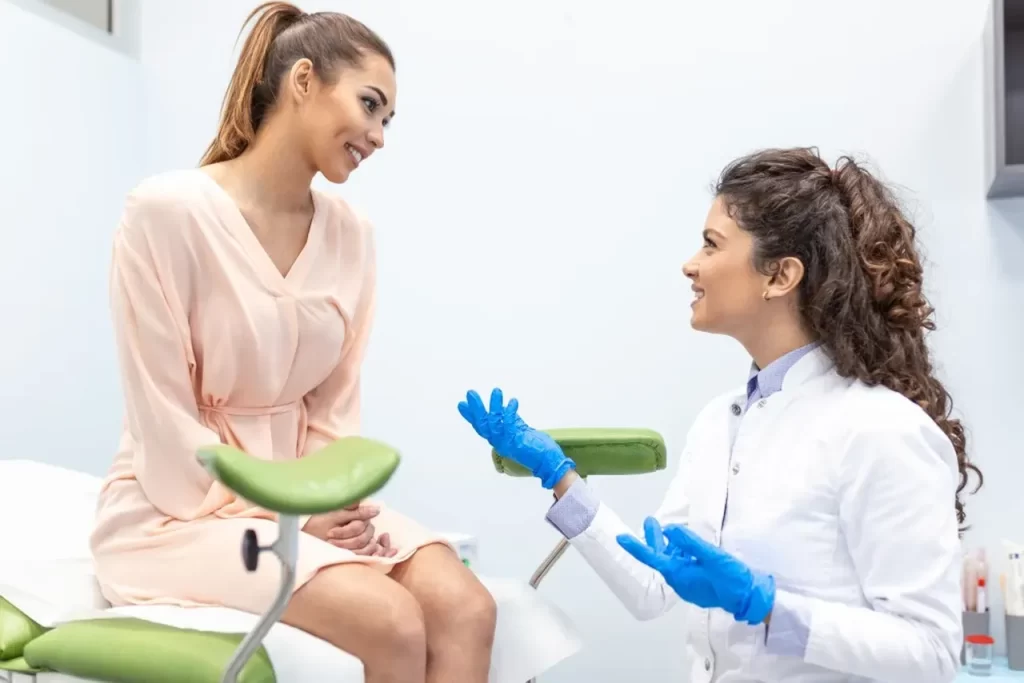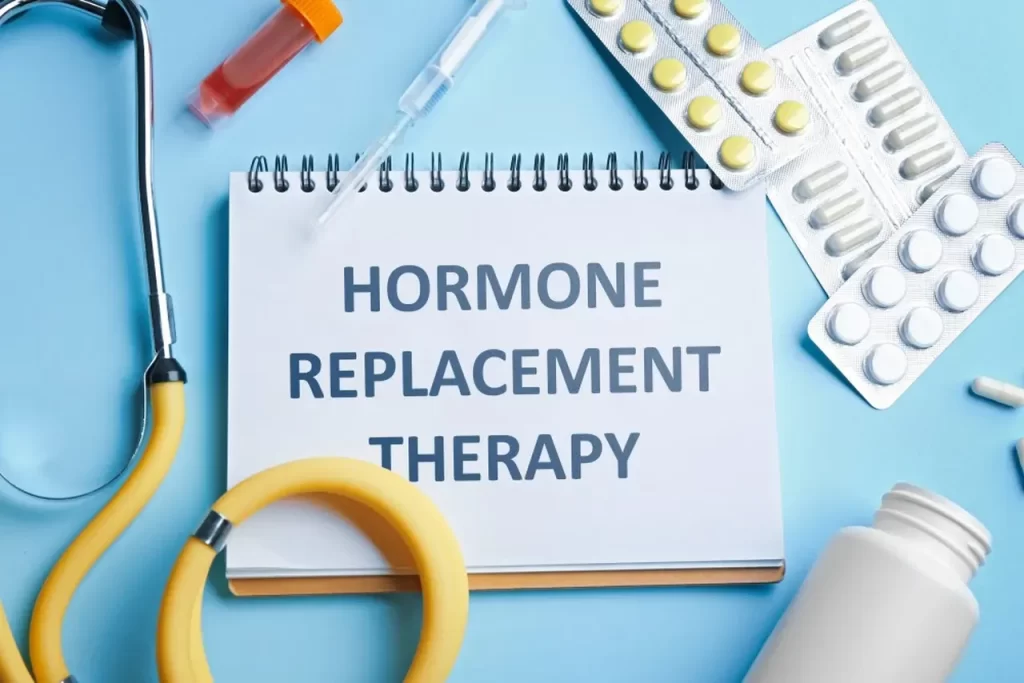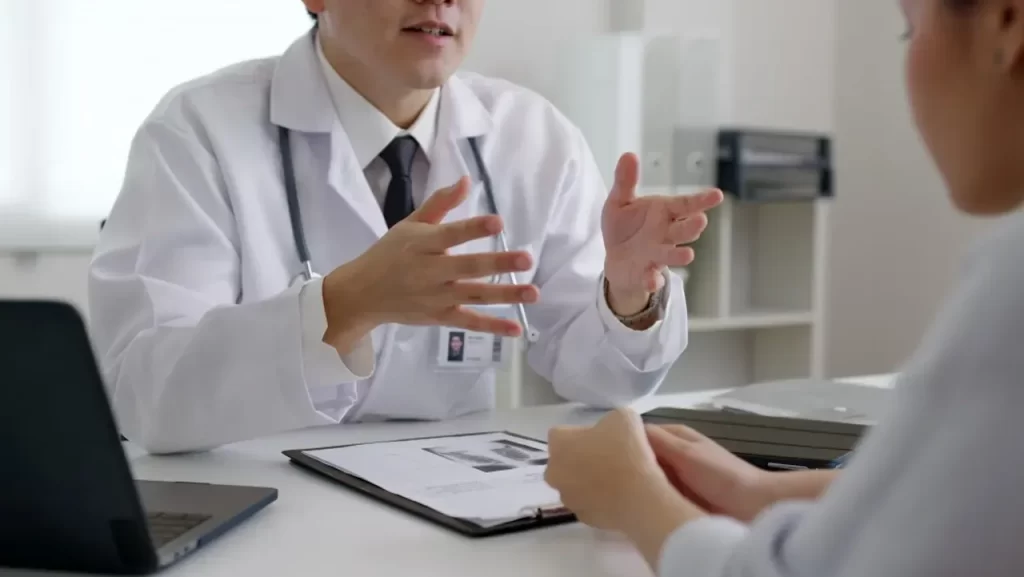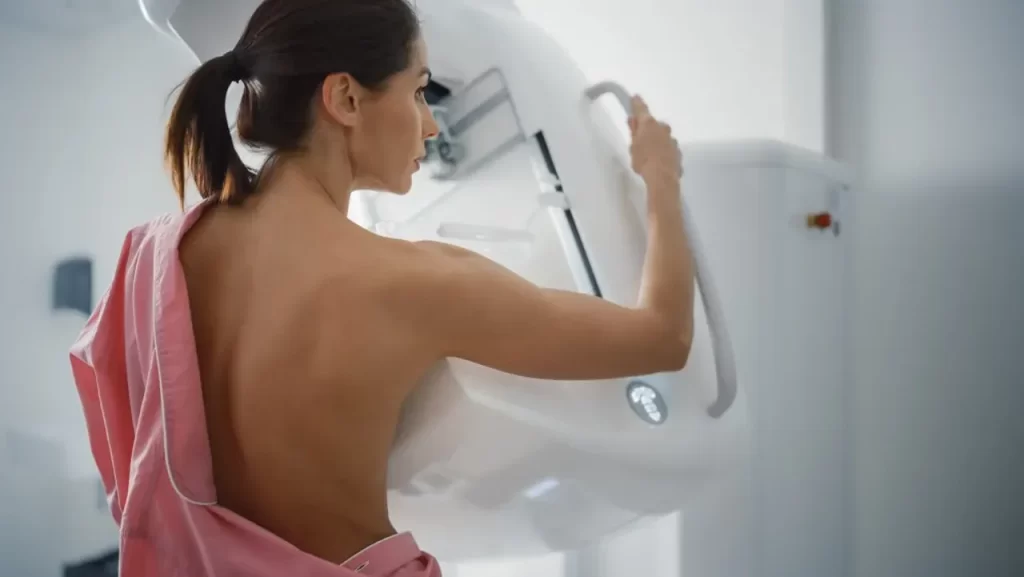Are you and your partner embarking on the exciting journey of trying to conceive? It’s a significant step filled with hope and anticipation. While the process of getting pregnant can vary for everyone, there are some dos and don’ts that can help optimize your chances of conceiving naturally. Here’s a guide to navigate this important time:
Dos:
- Maintain a Healthy Lifestyle: Select a balanced diet rich in fruits, vegetables, lean proteins, and whole grains. Ensure you’re getting enough folic acid, which is crucial for fetal development.
- Regular Exercise: Engage in moderate exercise regularly to maintain a healthy weight and reduce stress levels.
- Track Your Menstrual Cycle: Understanding your menstrual cycle can help pinpoint your most fertile days. Consider using ovulation predictor kits or apps to track ovulation accurately.
- Maintain Regular Intimacy: Aim to have regular, timed intercourse during your fertile window to increase the likelihood of conception.
- Stay Positive and Patient: It’s natural for conception to take time. Stay optimistic, manage stress, and seek support from your partner, friends, or a fertility counselor if needed.
Don’ts:
- Avoid Smoking, Alcohol, and Drugs: These substances can negatively impact fertility for both men and women. Cut down or eliminate them completely while trying to conceive.
- Limit Caffeine Intake: High caffeine consumption has been linked to reduced fertility. Consider switching to decaffeinated options or reducing intake during this period.
- Skip Lubricants with Spermicidal Properties: Some lubricants can hinder sperm motility. Opt for fertility-friendly lubricants or those labeled as sperm-safe.
- Overdo Stress: Stress can affect hormone levels and disrupt ovulation. Practice relaxation techniques such as meditation, deep breathing, or hobbies you enjoy.
- Delay Seeking Help if Needed: If you’ve been trying to conceive for over a year (or six months if you’re over 35) without success, consider consulting a fertility specialist. Early intervention can often resolve underlying issues.
By incorporating these dos and avoiding these don’ts, you can enhance your chances of conceiving naturally. Remember, every journey to parenthood is unique, so stay informed, stay positive, and enjoy the process together with your partner.
For more personalized guidance on fertility and conception, consult our specialists. Our pre-conception counselling with our healthcare providers will provide tailored advice based on your individual needs. Call us today or book an appointment online.









